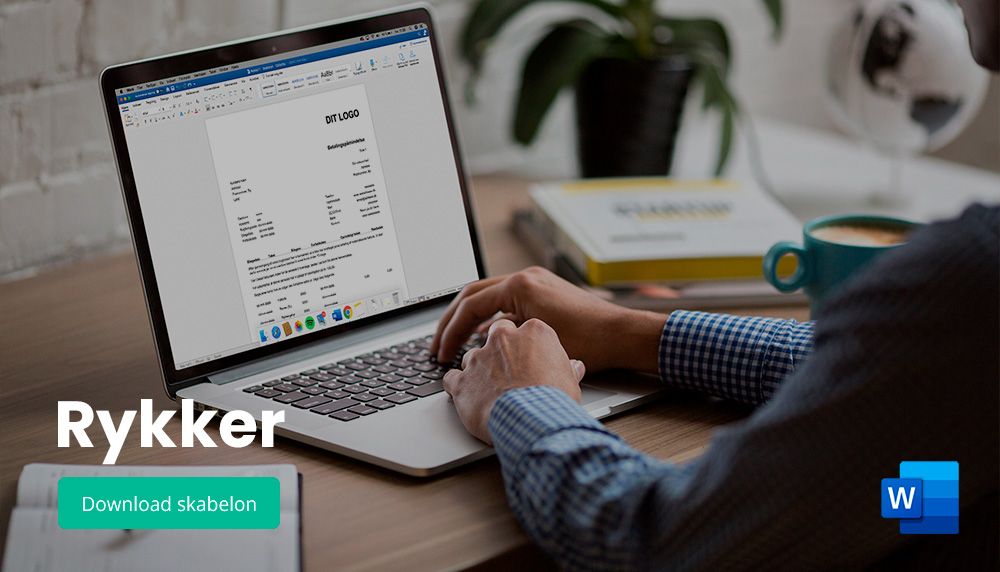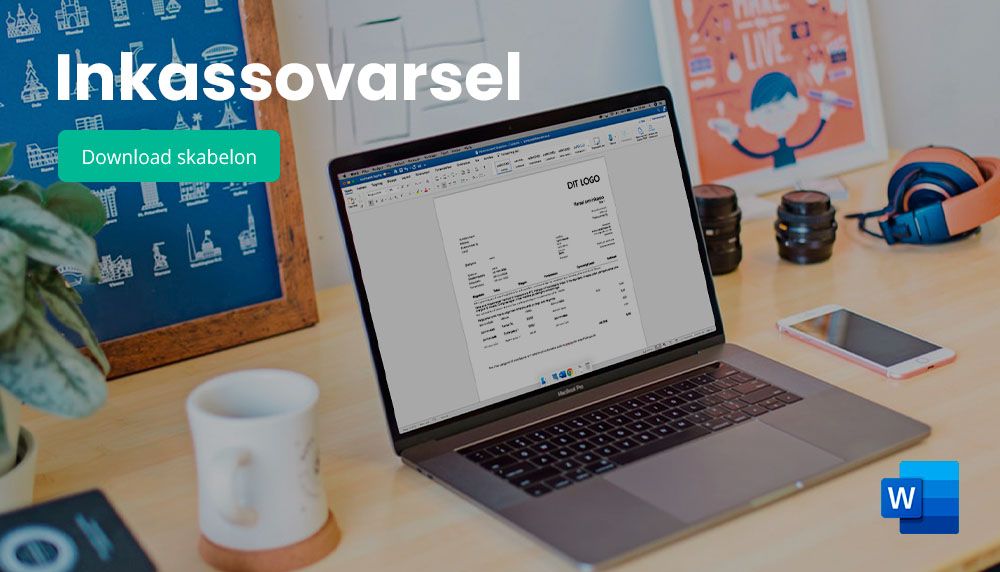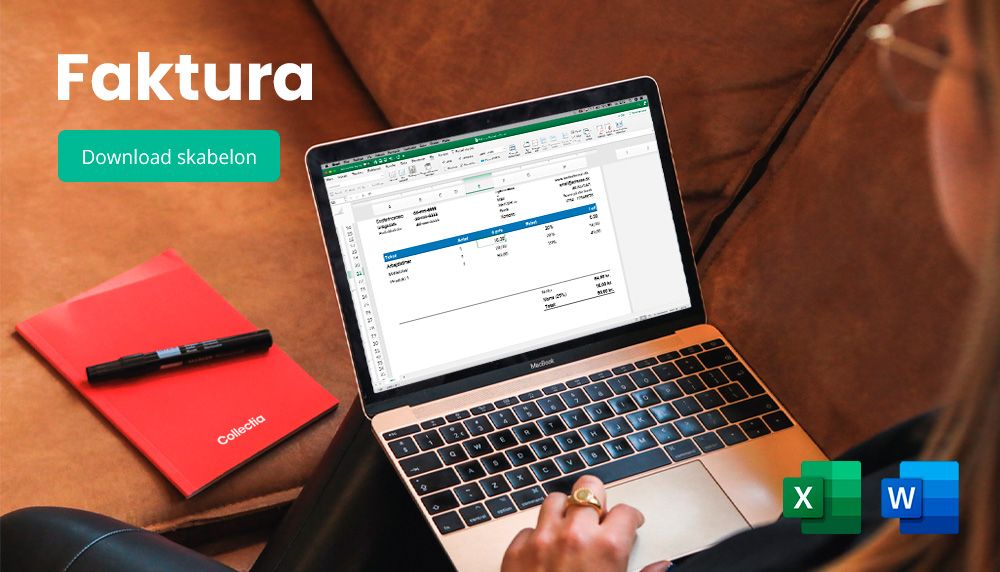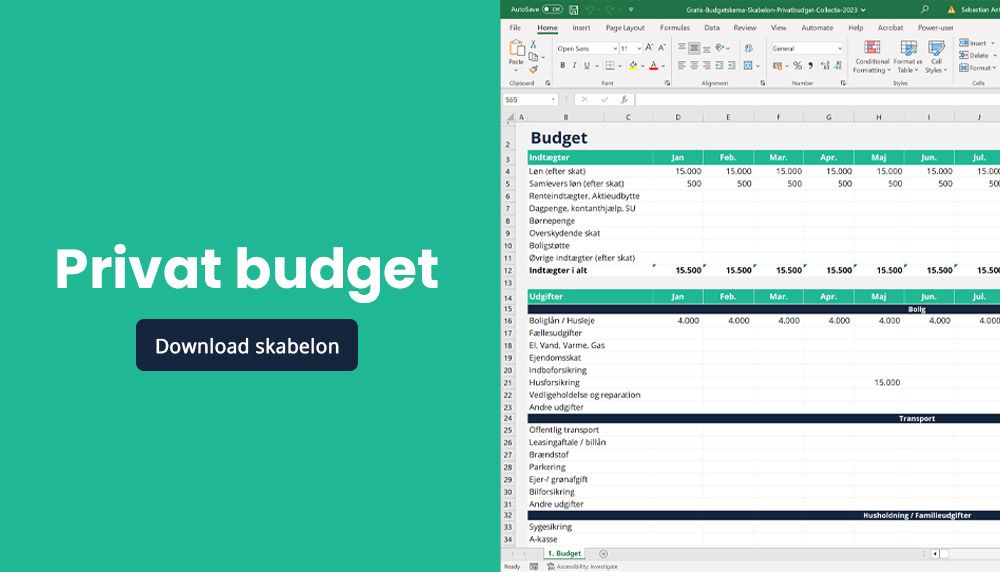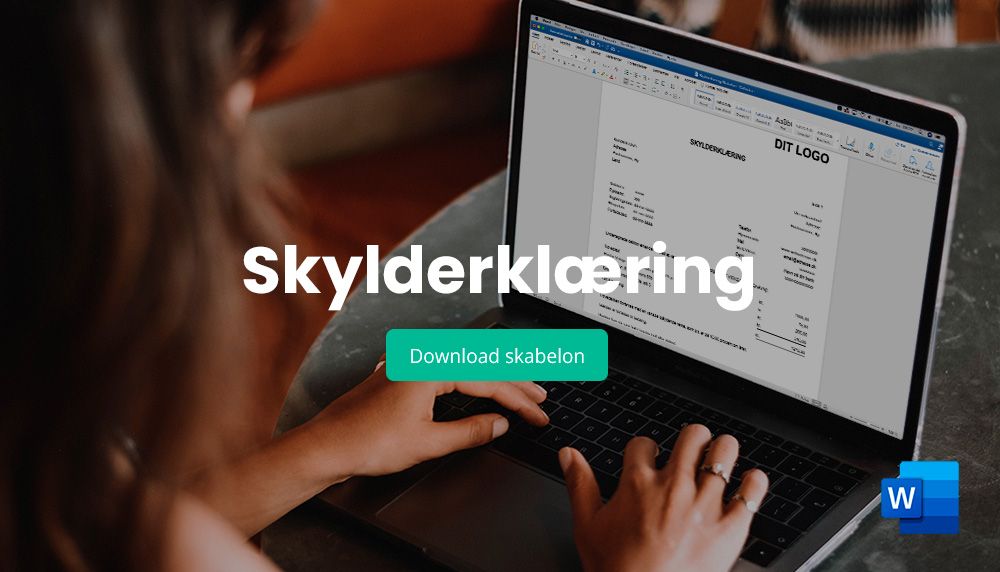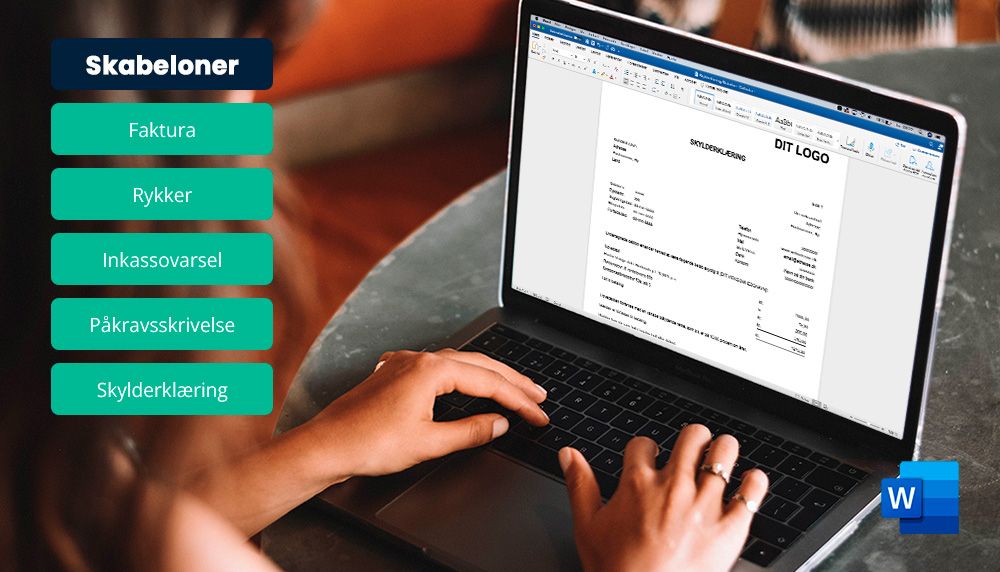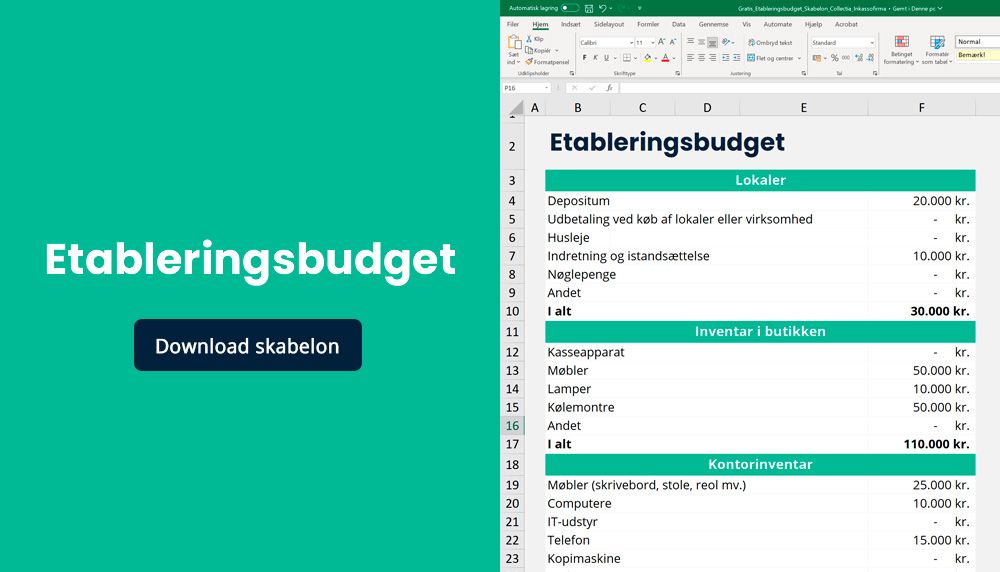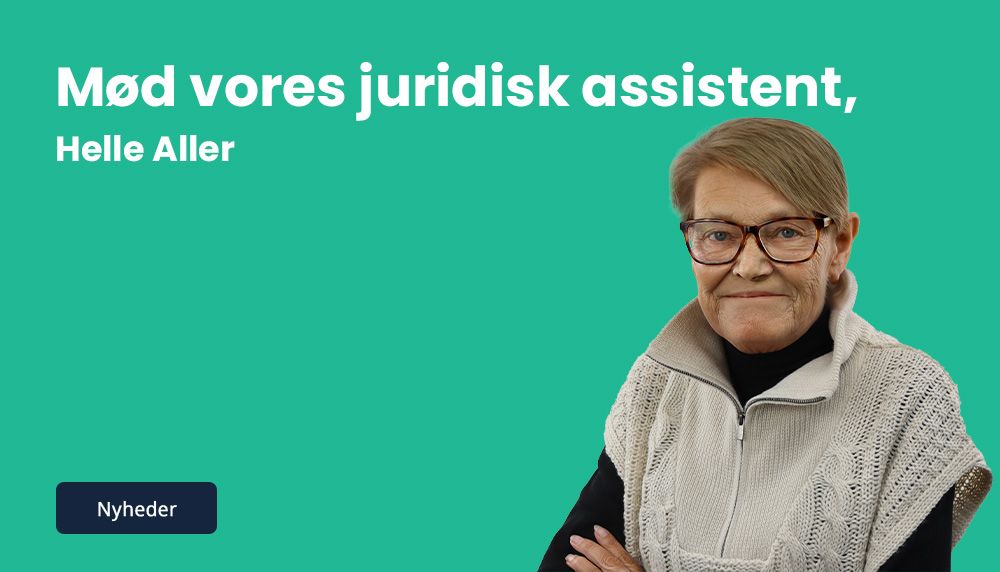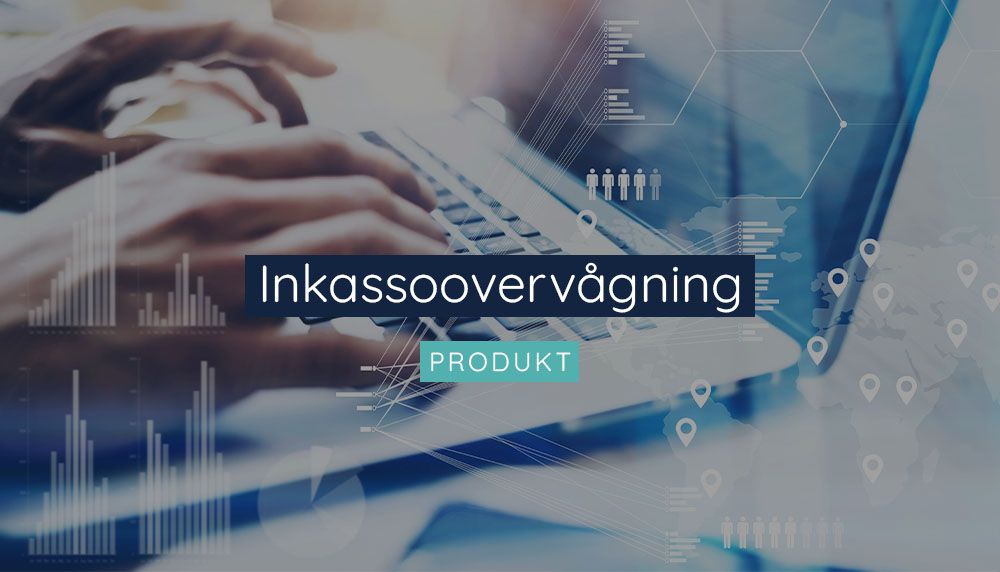
Product Focus: Debt collection monitoring
Collectia is an authorized debt collection company that helps thousands of companies every day with their unpaid invoices from their debtors (customers) - and has been doing so since 1998.
Fortunately, debt collection consists of many elements, and the chances of getting your money back are often good. In the coming time, we have chosen to focus on the products, services and services that are associated with getting help with debt collection with us - and help ensure you a good experience with debt collection.
This week we focus on our product 'Monitoring' - a solution that many of our clients have as part of their debt collection solution.
What is debt collection monitoring?
Today, there are a wide variety of ways, products and services that can help you with debt collection - but often the recipe for a successful recovery, whether with your local lawyer or with a professional licensed debt collection agency, is similar: professional debtor management and a continuous communication and dialogue with the debtor - to obtain payment.
Fortunately, the vast majority of debt collection cases are resolved in Denmark. Both lawyers and debt collection companies often perform equally well over time. But whether you choose to pursue debt collection solely without the help of the bailiff court (extrajudicial debt collection) or with the help of the court - debt collection is no guarantee of getting your money; but fortunately, a lot can be done.
The product "Monitoring", which most of Collectia's clients have built into their solution, is a product that is activated after the judicial debt collection or after the end of the extrajudicial debt collection process - where it must be established that the debtor cannot pay at this time.
Monitoring is a phase where your debt collection case is monitored - and so is your debtor. The debtor is monitored in connection with other debt collection cases, possible bankruptcy, debts, registration in debt registers (such as RKI and Debitorlisten) - but also any purchase of real estate, cars or other assets that may be subject to attachment.
Is monitoring the same as debt collection?
No, it isn't. Because while debt collection as a product is active actions, such as making calls to the debtor, sending letters in the form of reminders, debt collection notices and adding interest, fees and reminder fees - monitoring is more of a process where your case and your debtor are monitored. Based on the monitoring and the parameters we measure, we can take situational actions.
Monitoring is thus not directly traditional debt collection, but should rather be seen as a very good addition to the many actions that take place in the debt collection process.
Why can monitoring be effective?
A debt collection claim becomes statute-barred after 3 or 10 years, depending on whether you have been to the enforcement court with the debtor and whether the claim is subject to an interruption of the statute of limitations.
Regardless of whether you have a 3 or 10 year statute of limitations on your claims, there is basically a high probability that your debtor's finances will change during the period; the debtor gets a job, the debtor buys a car, the debtor buys real estate or the like - and thus circumstances that can change the premise of whether they can settle their debt.
Because while the debt collection process may last 1, 2, 3 or 6 months - monitoring can take place over a much longer period, in the belief and hope that the debtor's finances will change - allowing you, for example, to seize assets or set up a repayment plan.
When does monitoring come into force?
No two creditors or debtors are the same - and fortunately, neither are their debt collection cases.
Therefore, a typical monitoring product enters into force when an unsuccessful debt collection process is identified. Such a conclusion can occur at very different stages in the process.
In principle, monitoring is also activated after each judicial process where the debtor may have filed for insolvency or similar.
In some cases, it is also possible to let Collectia take over your old cases, without Collectia having been in charge of the collection process itself, and monitor them.
Shouldn't a debt collection case simply be written off when the collection process was unsuccessful?
No.
Because while many skilled lawyers and our skilled competing debt collection companies often simply encourage you as a creditor to write off a debt collection case after the end of the collection process - we often encourage a case to go into monitoring. Our experience shows that the debtor's finances can and will often change - from getting a job to buying assets. A development that we take advantage of to get your money back.
If you as a company simply choose to write off your debt collection case after the collection process has ended, the money is 100% lost. With a monitoring product in conjunction with a write-off, there is still a chance of collecting your outstanding debt.
What is the cost of surveillance?
If the case is not solved in surveillance, it is free of charge and thus no cure, no pay.
If your case is resolved in surveillance, it will be distributed according to the product you have with us.
Why choose Collectia?
Collectia has been a professional authorized debt collection company since 1998 and helps thousands of small and large companies every day to get their money back.
We currently employ around 150 people and have some of Denmark's most efficient and proprietary IT solutions to run a streamlined and professional debt collection process - for you too!
